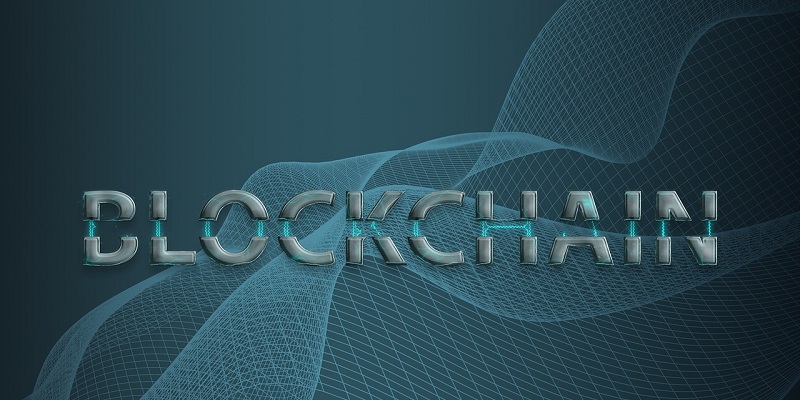Blockchain technology has been making waves in recent years, changing the way we think about digital transactions and moving towards a more decentralized future. However, one of the challenges hindering its widespread adoption is the lack of compatibility between different blockchain networks. This compatibility issue has led to the development of multi-chain projects, which offer a solution to the problem by developing frameworks, protocols, and tools that enable interoperability between diverse blockchain networks. In this article, we will explore the need for multi-chain projects, their potential market, major multi-chain projects in the industry, their applications across different industries, the importance of these projects, and their future prospects.
Understanding Blockchain Compatibility Issues
One of the major challenges in the blockchain space is the lack of compatibility between different blockchain networks. Each blockchain network has its own set of rules, consensus mechanisms, and programming languages that make it difficult to interact with other networks. This lack of interoperability makes it challenging for different blockchain networks to work together, limiting the use cases of blockchain technology.
The Need for Multi-Chain Projects
Multi-chain projects offer a solution to the compatibility problem by developing frameworks, protocols, and tools that enable interoperability between diverse blockchain networks. These projects allow different blockchains to communicate with each other seamlessly, unlocking new use cases for blockchain technology. The development of multi-chain projects has become increasingly important as more organizations and projects begin to use blockchain technology.
The Potential Market for Multi-Chain Projects
Multi-chain projects have the potential to reach a vast market that could benefit from multi-chain compatibility. This includes businesses, governments, and other organizations that want to use blockchain technology to create more efficient and secure systems for transactions and data storage. The global market for blockchain technology is expected to grow to $39.7 billion by 2025, providing significant potential for multi-chain projects.
Major Multi-Chain Projects in the Industry
There are already several major multi-chain projects that have gained significant traction in the industry. One of the most well-known projects is Polkadot, which aims to create an interconnected web of specialized blockchains. Another project is Cosmos, which uses a hub-and-spoke model to connect different blockchains. ICON is also a multi-chain project that focuses on creating an interoperable network that can connect various blockchain-based systems seamlessly.
Applications of Multi-Chain Compatibility Across Industries
Multi-chain compatibility offers a wide range of potential applications across various industries. One of the most exciting applications is in the metaverse, where multi-chain compatibility allows NFTs (non-fungible tokens) to be easily traded and utilized across multiple gaming platforms. This increases liquidity and fosters interoperability in the metaverse.
Additionally, multi-chain compatibility can be used in finance, supply chain management, healthcare, and other industries to improve efficiency, security, and transparency.
The Importance of Multi-Chain Projects
Multi-chain projects hold the key to unlocking the full potential of blockchain technology by fostering collaboration and enabling the exchange of assets and information across diverse blockchain networks. They help address the problem of blockchain fragmentation and create a more connected and decentralized ecosystem. Multi-chain projects are a crucial step towards realizing the full potential of blockchain technology.
The Future of Multi-Chain Projects
With advancements in cross-chain protocols and increasing industry adoption, multi-chain projects are poised to reshape industries, improve efficiency, and drive innovation. These projects offer the potential to create a more interoperable and connected blockchain ecosystem, providing new opportunities and use cases for blockchain technology.
In conclusion, multi-chain projects offer a solution to one of the biggest challenges facing the blockchain industry: the lack of interoperability between different blockchain networks. These projects provide frameworks, protocols, and tools that enable seamless communication among different blockchains, unlocking new use cases and creating a more connected, decentralized ecosystem. With advancements in technology and increasing adoption, multi-chain projects are poised to reshape industries, drive innovation, and unlock the full potential of blockchain technology.

